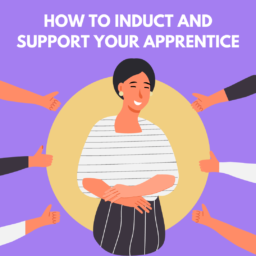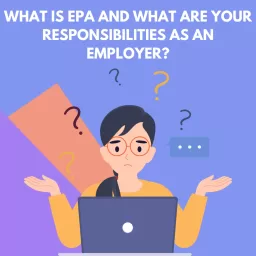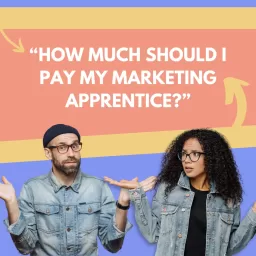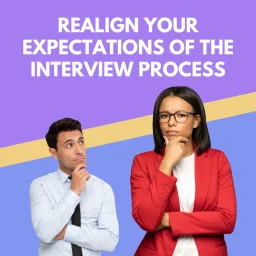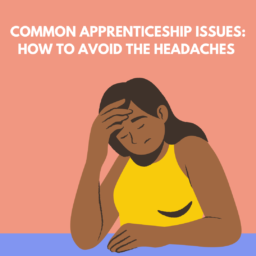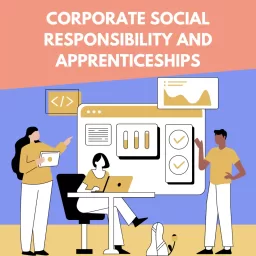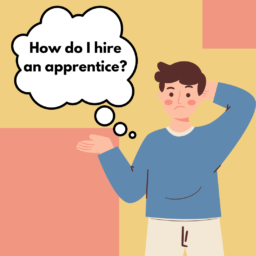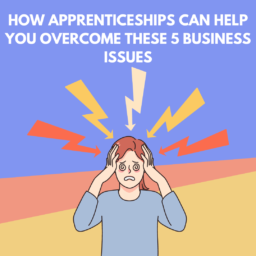In this article, I want to address some of the common questions that I get asked on sales calls and generally from employers around apprenticeships. It’s going to be super quick and straight to the point and over time I may add to this list, but, here are 10 common questions from employers when it comes to marketing apprenticeships.
What are my responsibilities?
As an employer or manager of an apprentice, your responsibilities are exactly the same as they would be with any other employee within your organisation. You have to lead, manage, pay, and train the apprentice. There are very few additional obligations that you’ll need to consider. However, you can work with your training provider to identify any additional needs they may have. Ultimately, the whole point of an apprenticeship is to bring something to the table and address problems that your organisation is having, not take stuff away and cause more issues. Induct them, train them, and support them as you would with a normal employee and you’ll be just fine.
How do I and how much do I have to pay the apprentice?
The most recent government update states that apprentices must be paid a minimum of £6.40 per hour as of April 2024. However, our advice is that all employers look to pay their apprentices a minimum of £14,000 per annum for someone coming from college and around £20,000 for a graduate or above. The general rules still apply with apprenticeships in that the higher the salary the better standard of candidate you’ll attract. This is especially true for those looking to retrain who may need a higher salary to survive.
However, the minimum requirements are broken down as such:
16-17 year-olds: £6.40ph
18-20 year-olds: £8.60ph
21 and over: £11.44ph
Are apprentices only school leavers?
No. Long gone are the days when candidates would come straight from school and have very few qualifications. Apprenticeships are a vehicle for all sorts of individuals to get their feet on the ladder and build toward meaningful careers. It’s becoming more common to see candidates coming from universities, colleges, and those looking to retrain and change careers. Effectively, short-lists can be incredibly diverse and sometimes employers are quite suprised at the calibre of the candidates applying for roles.
What training and other obligations will I have?
As part of an apprenticeship, apprentices will effectively receive two types of training. Training from the training provider towards the standard they’re enrolled on, and training from their employer around their role and responsibilities. As an employer, your responsibility is to hone your apprentice’s skills, knowledge, and expertise around what your organisation requires. This could take the form of shadowing, reading, training courses, etc. However, as part of an apprenticeship, apprentices are required to have an allotted 6 hours per week in which to study toward CPD. This is called “Off-The-Job Training”. This is a mandatory requirement set by the government and has to be a minimum of 6 hours per week. However, it’s important to note that any training and support from your training provider count towards this requirement. So, it goes without saying that a major obligation of any employer will be to allow your apprentice to have access to this Off-The-Job Training time each week and to attend any required training sessions with the training provider. The apprentice must be paid during this time as well.
In addition to this, you’ll be required to attend things like progress reviews. However, these will typically occur every three months and will last for about 90 minutes, so it’s not all that time-consuming.
How long are apprenticeships?
Marketing apprenticeships have various durations. However, as a rule of thumb, they can go anywhere from around 15 months to 36 months depending on the level of the qualification and whether it’s being completed full-time or part-time. All apprenticeships are broken down into three parts, the work experience portion which has to be a minimum of 12 months and a day, the gateway portion where apprentices typically work towards things like projects as part of the final grading process, and the End-Point Assessment, the final stage where apprentices will have things like interviews and their final grades are formulated. This portion between gateway and EPA will typically last anywhere from 3 to 6 months depending on a variety of factors.
What happens if the apprenticeship doesn’t work out?
There could be dozens of reasons as to why an apprenticeship or apprentice doesn’t work out within your organisation. I won’t go into them. However, if this is the case, it’s important to note that you’d have to deal with the situation as you would with any other member of staff. As with any other employee, you’ll have an obligation to ensure that dismissal is legitimate and done within legal boundaries. However, there wouldn’t be any legal reprecusions if everything is done above board. Sometimes, these things just don’t work out and it’s important to understand that you’re not stuck in an apprenticeship contract if things just aren’t working. Our advice would always be to seek legal advice from a HR representative or solicitor if you’re unsure of where you stand.
How do I manage the apprentice?
This a super common question and my advice is “exactly the same as any other new employee”. Usually, an apprentice’s age and maturity have very little effect on their performance once they’ve surpassed the three-month mark. We have to remember that these individuals have proactively applied for apprenticeship roles and therefore are likely bought into the idea of learning and developing within the workplace. This being said, whether you hire an apprentice or not, everyone is different and your management tact may be different for everyone. Ultimately, just assess them as an individual and provide whatever support you can and work with your training provider to address any other support needs.
Who actually employs the apprentice?
The short answer is you do. Apprentices are employees of your organisation, not the training provider. You’ll work with your training provider to deliver all of the training and support towards the overall qualification and for that reason, they’re not their employee. However, the training provider will support you as their employer with elements of their employment like addressing performance and providing additional training and support in other areas if required. Ultimately, apprenticeships are a three-way commitment between you, the apprentice, and the training provider.
How much do they cost?
We’ve got some information on the specific courses that we offer on our website. However, all apprenticeships differ in costs, but, the ways in which they’re funded fall into two standard bands which are Co-Investment and Levy Contributions.
Co-Investment
Co-Investment is effectively a way of funding apprenticeships whereby the government will pay a portion of the costs for you and you may be required to pay a small contribution. This applies to companies with a payroll of less than £3mil per year. Typically they’re 95% funded by the government which means that you’ll be required to pay a 5% contribution. As a reference for our programmes, this means you’ll be required to contribute a one-off payment of between £300 to £550. But, depending on your business and the individual you hire, you may be eligible for 100% of the costs to be covered by the government. This tends to occur if you have less than 50 employees and you hire someone who is 16 to 18 or is aged 19 to 25 and has an education, health and care (EHC) plan or has been in the care of their local authority. In addition to this, if all of the above applies, then you’ll be eligible for a £1,000 incentive from the government. So it’s a win-win.
Levy Contributions
The second avenue for funding is through Levy Contributions. If your organisation has a payroll of £3mil or over then you’ll be contributing toward a Levy pot. This money is designated for apprenticeship training and has a life span of 24 months after which, if you don’t spend it, the government takes it from you. Similarly to the above, however, if you have a certain amount in your pot and it’s not enough to fund a course, the Government will 95% of the remainder and like above you’ll be required to pay the 5% contribution. The major takeaway here is to ensure if possible that you’re using that Levy pot otherwise you’ll lose it.
What’s the process of hiring an apprentice?
Again, it’s very similar to hiring any other employee. However, there are a couple of contracts and documents that will need to be signed along the way. Your training provider will work with you on the finding and hiring of apprentices. Most providers offer free recruitment services and will screen candidates for you before sending details across. You’ll then interview candidates and if you find one that you like you start your own hiring and onboarding process. In the middle, you’ll work with your provider and the apprentice to complete a couple of tasks which include things like developing a training plan, assessing the current skills and knowledge of the apprentice, and signing a couple of contracts. Overall, the process can be as quick or as long as you like but typically can range from a week or two to a month or so depending on how any of those stages go.
To wrap up
There you have it, 10 common questions about marketing apprenticeships. Hopefully, that’s answered some of yours, but, if you still have questions you can either download our employer guide beneath this article, or, get in touch with the form below. Alternatively, pop us an email at info@themarketingtrainer.co.uk and we’ll be happy to help if we can.
Why not read about all of this in your own time?
Sign up for our free 50+ page e-book on apprenticeships. It contains everything you’ll need to know about apprenticeships. Simply fill in the form below and we’ll send you a copy via email. Don’t worry, we won’t sign you up for any needless email marketing, just the book.

Let’s grow your team and build a brighter future for your business
Get in contact with one of our team to find out more and discover how your business can grow through apprenticeships!
Call us on: 03301 338 666
Email us on: info@themarketingtrainer.co.uk
Follow us on socials:




